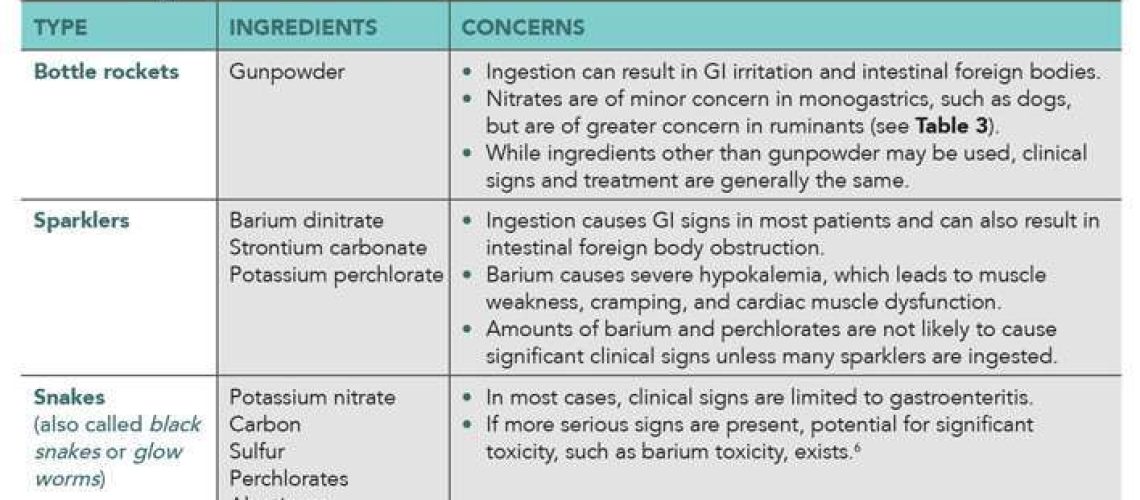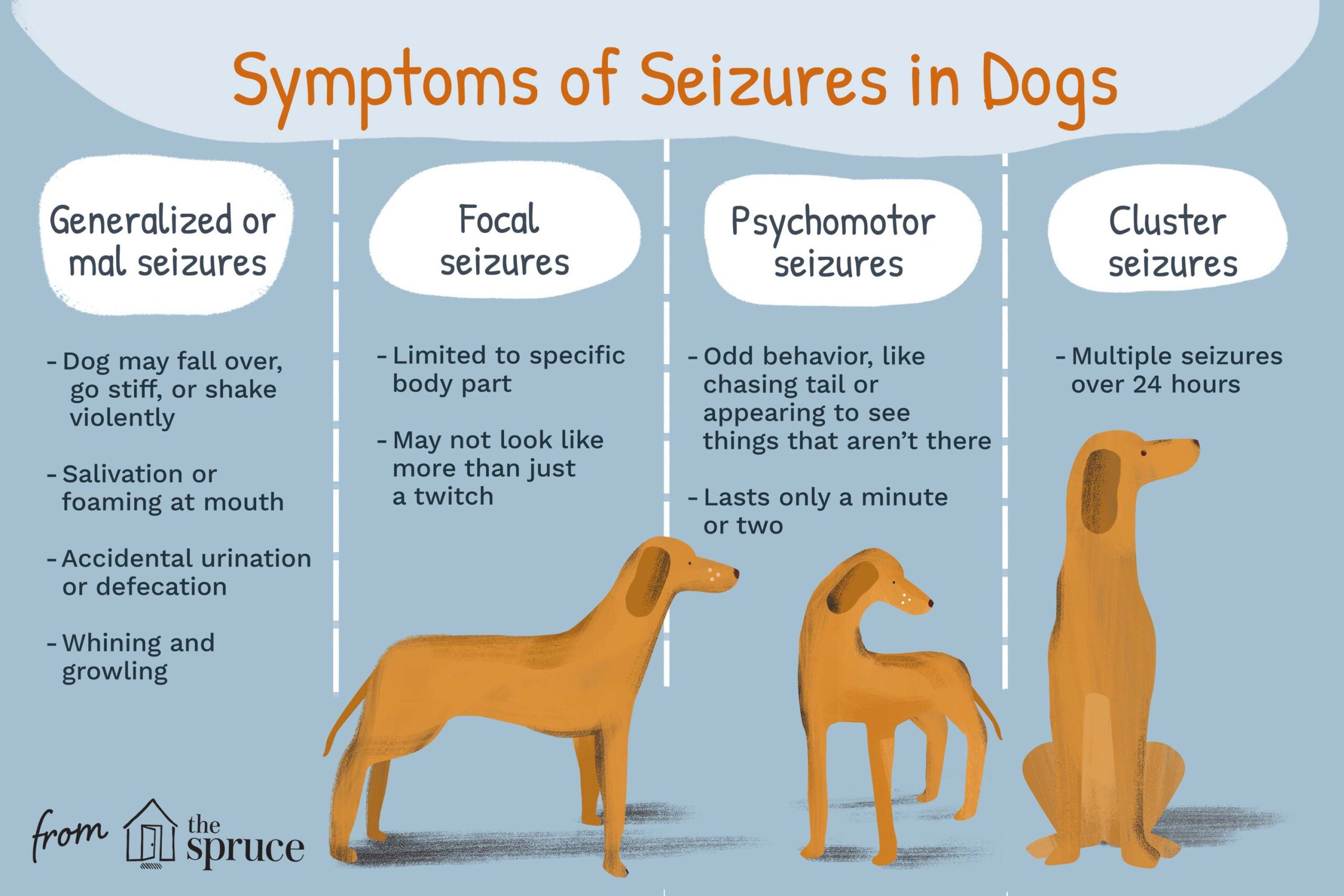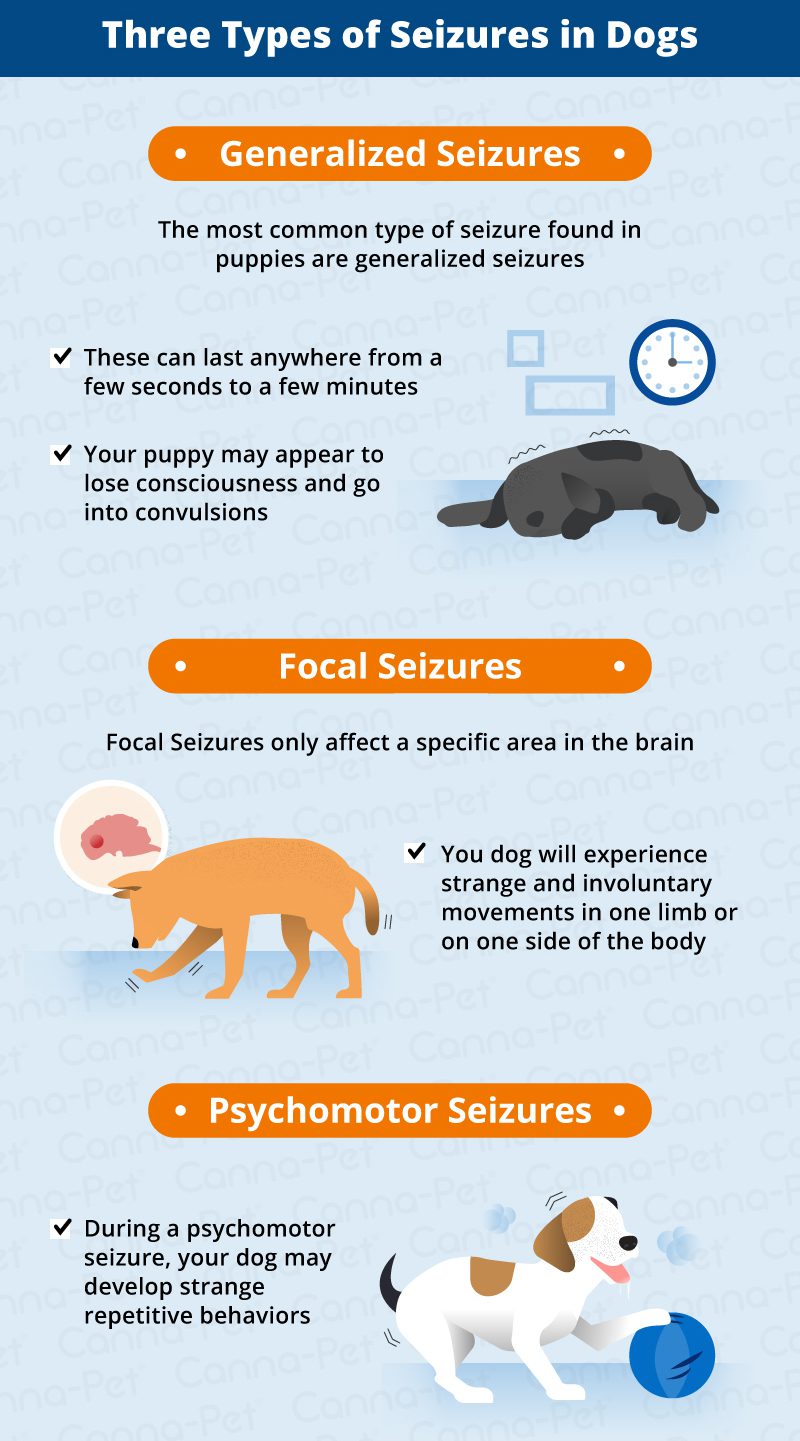Key Takeaways:
- Fireworks can be extremely toxic to dogs due to the chemicals and heavy metals present in them.
- Dogs can experience a range of symptoms from fireworks toxicity, including vomiting, diarrhea, tremors, seizures, and even death.
- It is important to keep dogs away from fireworks displays and loud noises to prevent exposure to toxic substances.
- Some common signs of fireworks toxicity in dogs include excessive drooling, difficulty breathing, and disorientation.
- If you suspect your dog has been exposed to fireworks or is showing signs of toxicity, it is crucial to seek immediate veterinary care.
Are you a dog lover? Do you want to keep your furry friend safe and happy? Then, understanding the toxicity of fireworks on dogs is crucial. Fireworks may seem harmless and exciting to us humans, but for our four-legged companions, they can be a nightmare. In fact, did you know that nearly 45% of dogs experience anxiety and fear during firework displays? This means that millions of dogs are at risk of suffering from physical and emotional distress every year. But fear not! In this article, we will explore the dangers of fireworks for dogs and provide you with essential tips on how to keep your canine companion safe and calm during those dazzling displays. So grab a seat, get ready to learn, and let's ensure that this year's fireworks season is a joyous time for both you and your beloved pup!
What are fireworks and why are they used during celebrations?
Fireworks are colorful explosives that produce bright lights, loud sounds, and beautiful patterns in the sky. They are often used during celebrations like New Year's Eve, Independence Day, and other special events. Fireworks have been a part of human culture for centuries and are used to mark important occasions and bring joy to people.
During celebrations, fireworks create a sense of excitement and wonder. The bright colors and loud bangs can be thrilling to watch, creating a festive atmosphere. Fireworks also symbolize the start of something new or the celebration of an achievement. People enjoy watching fireworks displays as they light up the night sky with their dazzling colors and patterns.
Fireworks come in different types, such as rockets, sparklers, fountains, and aerial shells. Each type produces different effects in the sky. Some fireworks explode high above in the air while others shoot up into the sky before bursting into colorful sparks. Fireworks are carefully designed using chemicals that create specific colors when ignited.
How can fireworks be harmful to dogs?
While fireworks may be enjoyable for humans, they can be very frightening for dogs. Dogs have sensitive hearing and can hear sounds at much higher frequencies than humans. The loud noises produced by fireworks can cause extreme anxiety and stress in dogs.
The sudden booms and crackles can startle dogs, making them feel scared or threatened. This fear response can lead to various negative reactions such as hiding, shaking uncontrollably, barking excessively, or even trying to escape from their surroundings. Dogs may become disoriented or run away if they feel overwhelmed by the noise.
In addition to the noise, fireworks also produce bright flashes of light which can further frighten dogs. Some dogs may experience visual disturbances or temporary blindness due to the intense bursts of light emitted by fireworks.
To make matters worse, some dogs may also be sensitive to the smoke and smell produced by fireworks. The chemicals used in fireworks can irritate a dog's respiratory system, causing coughing, wheezing, or difficulty breathing.
What are the signs that a dog may be experiencing firework toxicity?
Firework toxicity in dogs can occur if they come into direct contact with fireworks or ingest them accidentally. Signs of firework toxicity can vary depending on the type of exposure and the amount ingested. Common signs include:
1. Vomiting or diarrhea: If a dog has ingested fireworks, it may experience gastrointestinal upset, leading to vomiting and diarrhea.
2. Lethargy or weakness: Firework toxicity can cause dogs to feel weak or tired. They may have difficulty walking or seem unsteady on their feet.
3. Tremors or seizures: Some dogs may develop muscle tremors or even experience seizures as a result of firework toxicity.
4. Difficulty breathing: Ingesting certain chemicals found in fireworks can cause respiratory distress in dogs, leading to rapid breathing or wheezing.
5. Abnormal behavior: Dogs affected by firework toxicity may exhibit unusual behavior such as restlessness, agitation, confusion, or disorientation.
If you suspect your dog has been exposed to fireworks and is showing any of these signs, it is important to seek immediate veterinary care.
Are certain dog breeds more susceptible to firework toxicity than others?
All dogs can potentially be affected by firework toxicity, regardless of their breed. However, some individual dogs may be more sensitive to loud noises and stressful situations than others. This sensitivity can vary from dog to dog and is not necessarily related to their breed.
That being said, certain breeds known for their nervous temperament or noise sensitivity may be more prone to experiencing anxiety during fireworks displays. These breeds include Chihuahuas, Shih Tzus, Cavalier King Charles Spaniels, and Greyhounds.
It is important to remember that each dog is unique and may react differently to fireworks. Some dogs may be completely unaffected by the noise, while others may become extremely anxious. It is crucial for pet owners to understand their own dog's temperament and take appropriate measures to keep them safe during firework celebrations.
How can pet owners protect their dogs from firework toxicity during celebrations?
As a pet owner, there are several steps you can take to protect your dog from firework toxicity during celebrations:
1. Create a safe space: Set up a quiet and comfortable area in your home where your dog can retreat to during fireworks displays. This could be a room with soft bedding or a crate covered with blankets to create a cozy den-like environment.
2. Provide distractions: Keep your dog occupied and distracted during fireworks by providing toys, treats, or puzzle games that they enjoy. This can help divert their attention away from the loud noises outside.
3. Close windows and curtains: Reduce the amount of noise and visual stimuli by closing windows, doors, and curtains in your home. This helps muffle the sound of fireworks and block out the bright flashes of light.
4. Use white noise or calming music: Play soothing music or use white noise machines to mask the sound of fireworks. The gentle background noise can help drown out the loud bangs and provide a sense of calm for your dog.
5. Consult with a veterinarian: If you know that your dog has severe anxiety or fear related to fireworks, consult with your veterinarian beforehand. They may recommend anti-anxiety medications or natural supplements that can help reduce your dog's stress levels.
Remember, it is important never to leave your dog alone outside during fireworks displays as this increases their risk of exposure to toxic substances.
What should you do if your dog shows symptoms of firework toxicity?
If your dog shows symptoms of firework toxicity, it is crucial to seek immediate veterinary care. Contact your veterinarian or an emergency veterinary clinic and explain the situation. They will provide guidance on what steps to take next.
In the meantime, try to keep your dog calm and comfortable. If there is any visible residue from fireworks on their fur or skin, gently wipe it off with a damp cloth. Do not attempt to induce vomiting or administer any medications without professional advice.
The veterinarian will assess your dog's condition and may perform diagnostic tests to determine the extent of the toxicity. Treatment will depend on the specific symptoms and severity of the exposure. It may include supportive care such as intravenous fluids, medications to control seizures or tremors, and monitoring for any potential complications.
Remember, early intervention is key in ensuring the best possible outcome for your dog. Prompt veterinary attention can help minimize the potential long-term effects of firework toxicity and aid in a speedy recovery.
In conclusion, fireworks can be harmful to dogs due to the loud noises and bright lights. It is important to keep our furry friends safe by providing a calm and secure environment during fireworks displays.
What do I do if my dog ate a firework?
If your pet has consumed any part of a firework, it is important to treat it as an emergency situation and contact your veterinarian right away.
How long does it take for a dog to recover from fireworks?
According to Vonna Nolan, the head Dog School coach at Dogs Trust Ireland, around 12% of dogs may take up to a week to recover, while 3% of pets may require several weeks or even months for recovery. Therefore, it is advised to keep dogs indoors with a family member from early evening to ensure their safety during Halloween.
What happens if a dog eats a pop it firework?
Fireworks poisoning can result in immediate symptoms such as burns and vomiting, while other symptoms like jaundice, uncoordinated movement, and diarrhea may appear several hours later. Dogs may experience symptoms such as abdominal pain when poisoned by fireworks.
Do dogs have heart attacks from fireworks?
It is highly improbable, but not impossible, for a completely healthy dog to die from fear. While there have been no known cases where a perfectly healthy dog has died from fear, a dog with an underlying health condition, possibly unrecognized, such as certain heart conditions, could potentially experience this outcome.
How much Benadryl do I give my dog for fireworks?
The majority of dogs who are afraid of fireworks will require sedation. It is recommended to administer the sedative to your dog two hours before the start of the fireworks. One option is to use Benadryl (Diphenhydramine), with a dosage of one 25 mg tablet per every 25 pounds of your dog's weight. This medication can be purchased over-the-counter and is safe to use, as long as it does not contain any stimulants and is pure Diphenhydramine. This information was provided on June 13, 2016.
Are fireworks residue toxic?
Potassium nitrate, potassium chlorate, barium nitrate, and potassium perchlorate are commonly used as oxidizing agents in fireworks. While large amounts of these substances can be toxic, the quantities in fireworks are typically low and pose minimal risk.

















